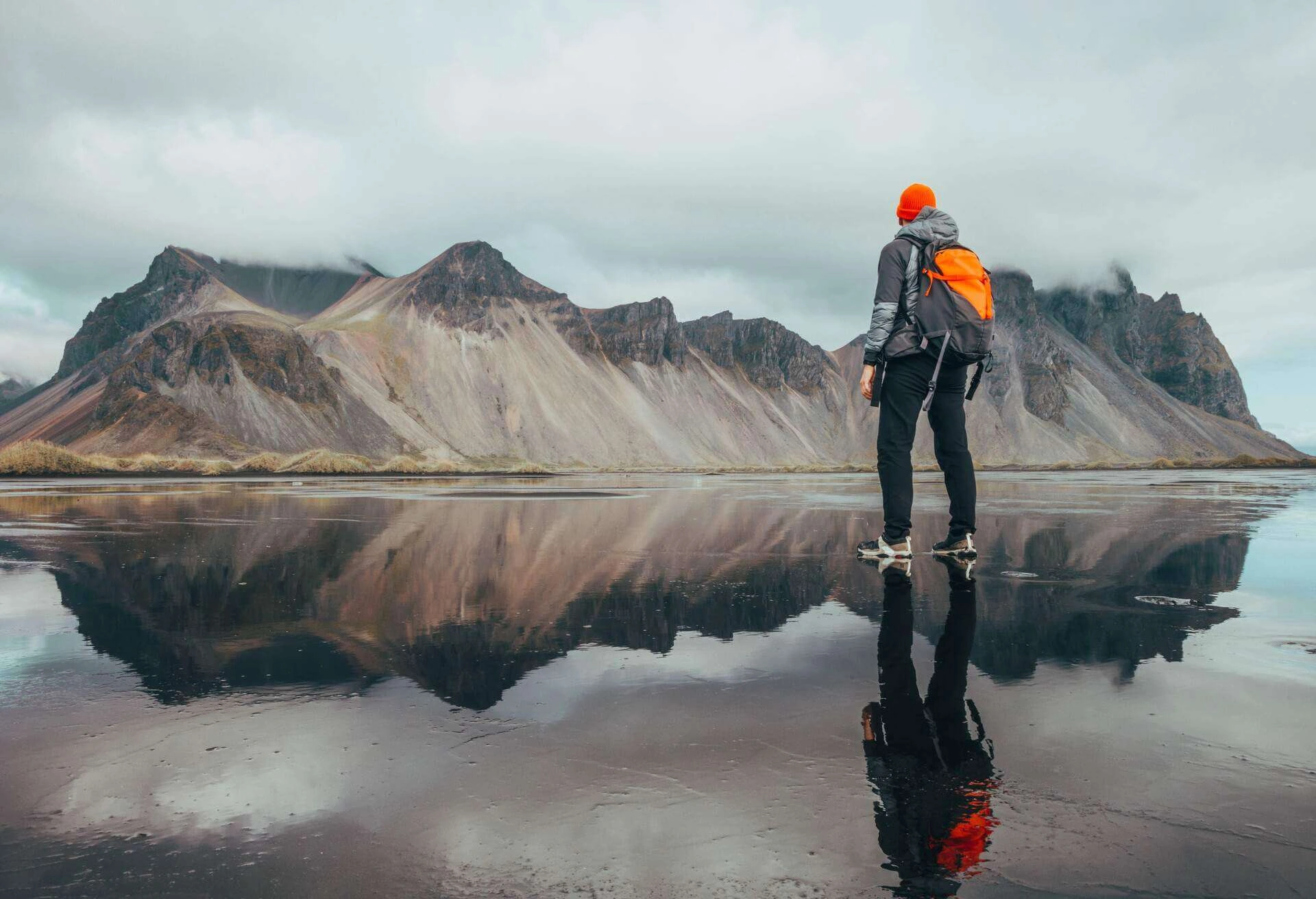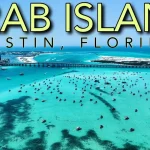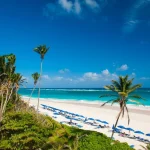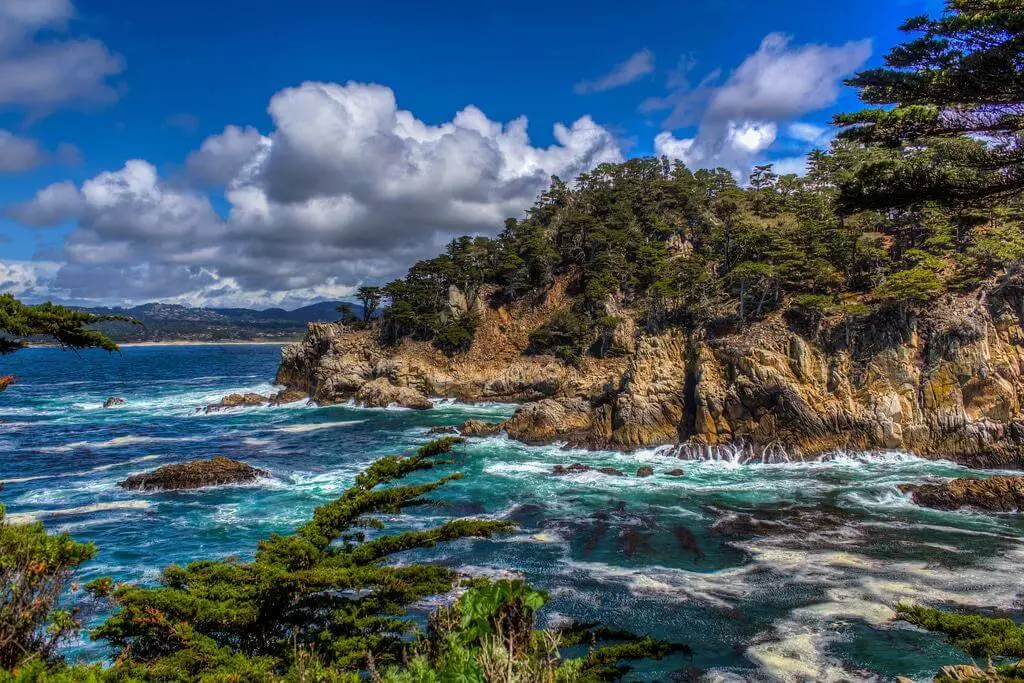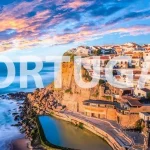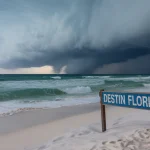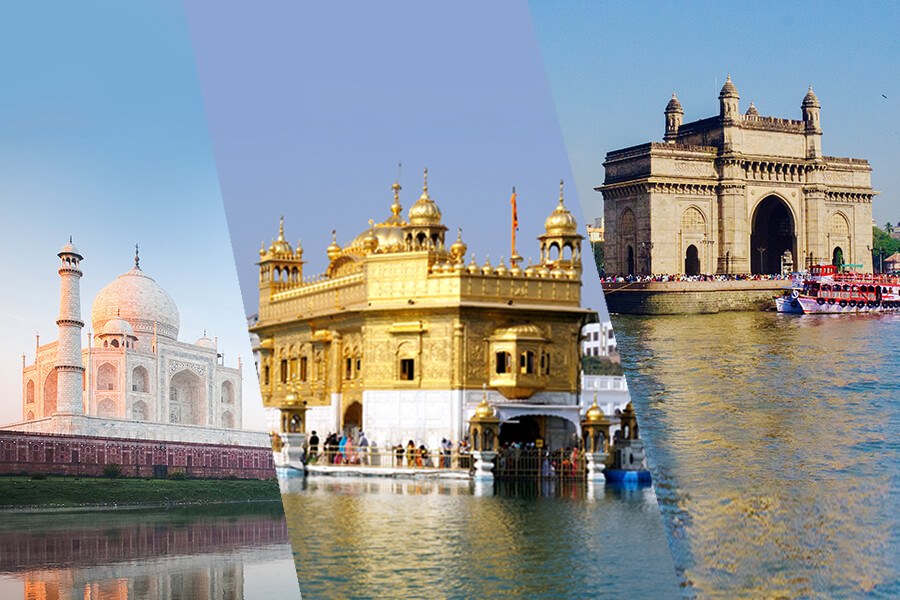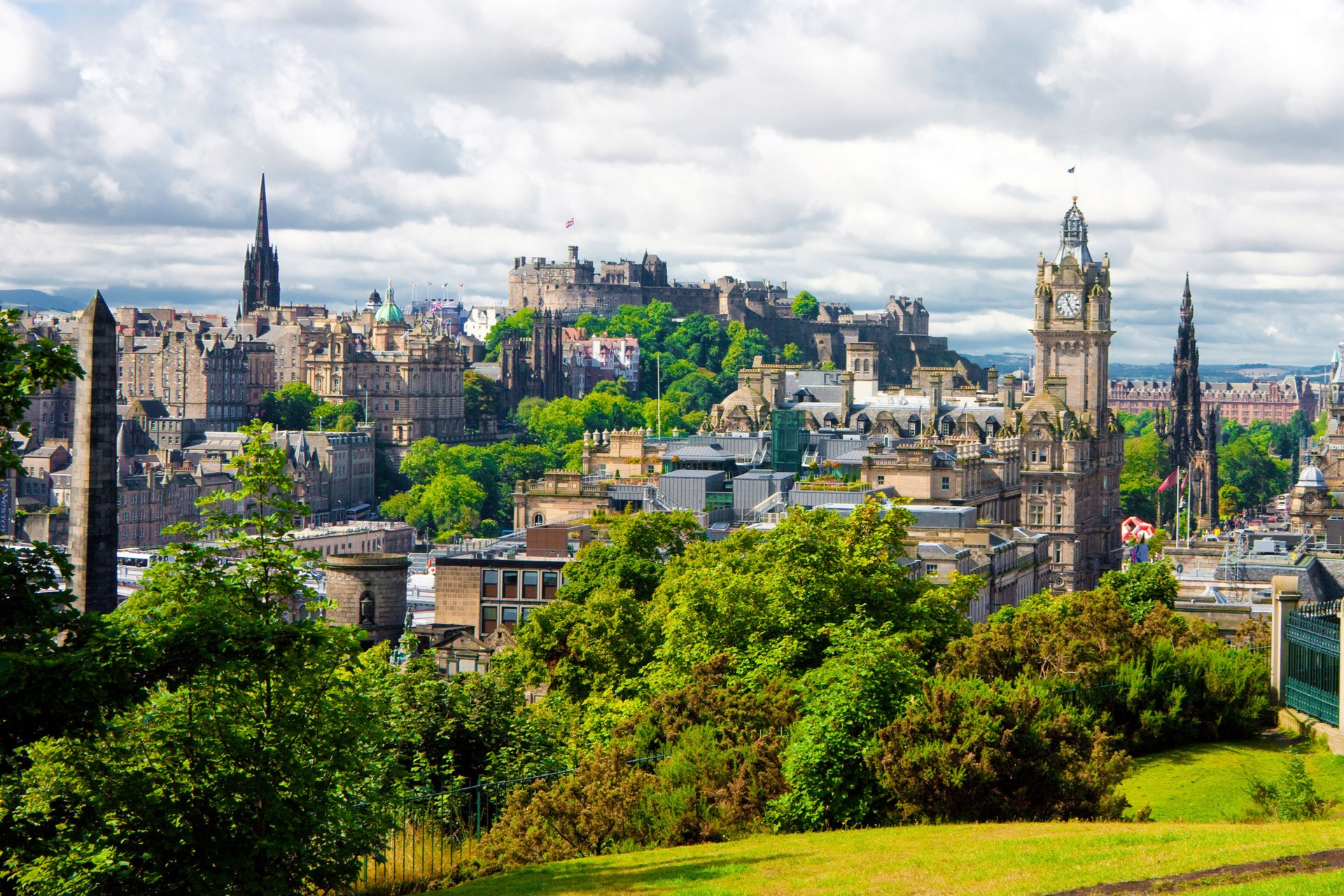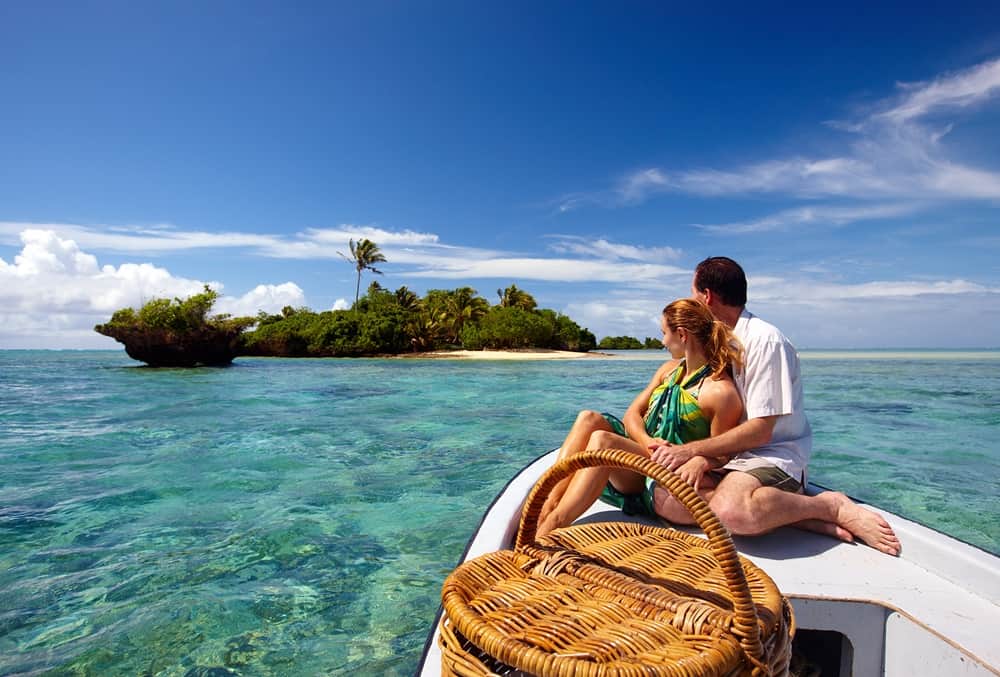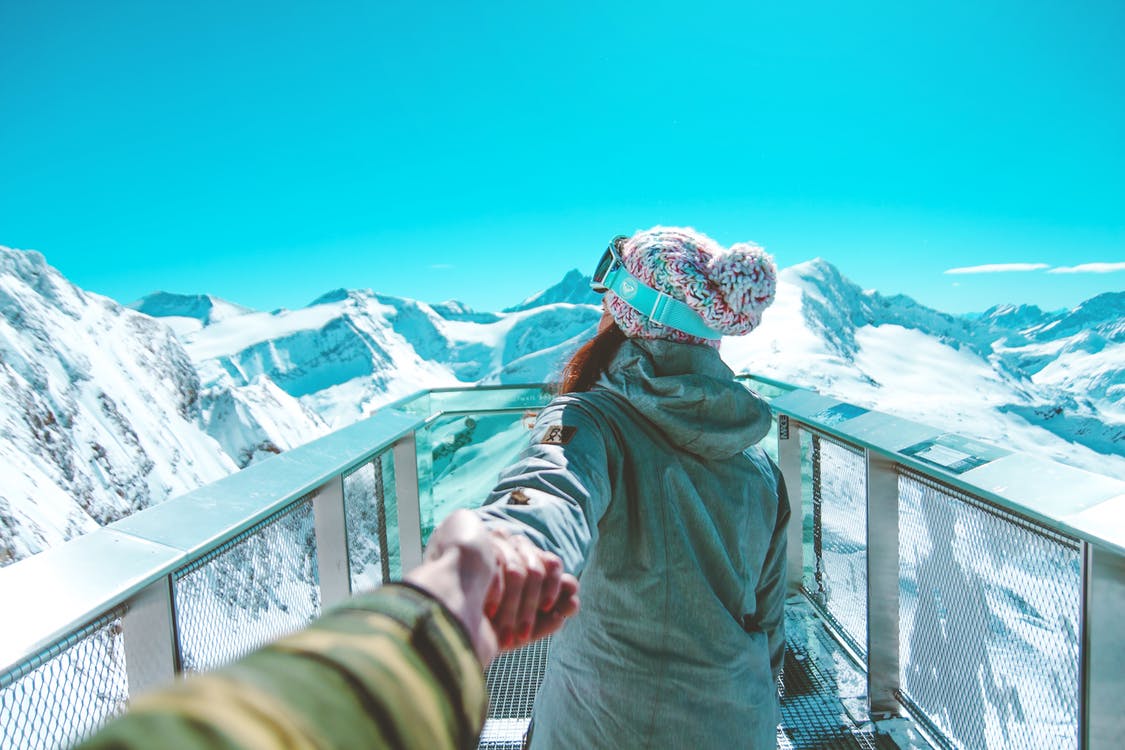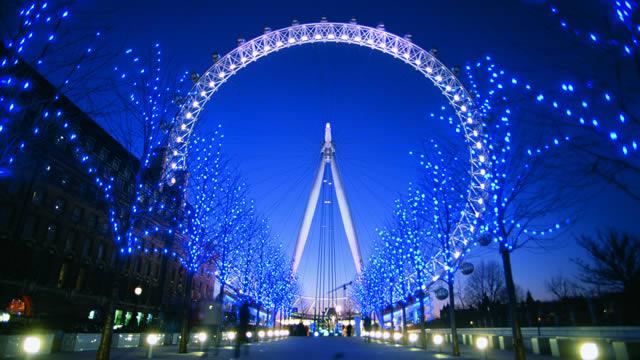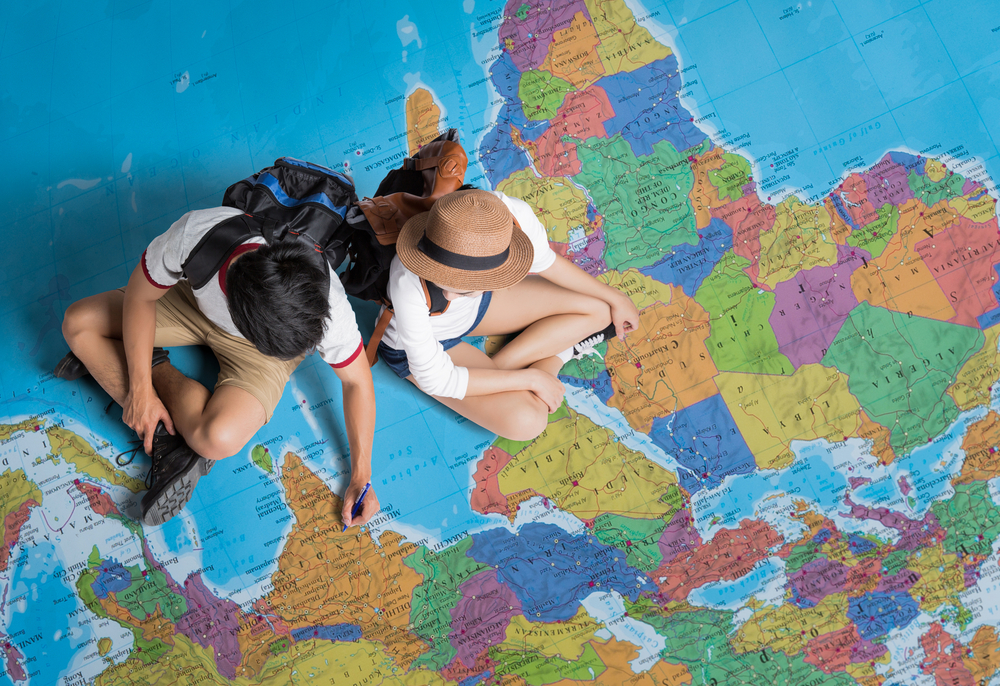Why Iceland Should Be Your Next Travel Destination
If you’re looking for a travel destination that offers a mix of stunning landscapes, unique cultural experiences, and outdoor adventures, Iceland should be at the top of your list. This small but extraordinary island in the North Atlantic is known for its natural beauty, geothermal wonders, and vibrant culture. Whether you’re an adventure seeker, a nature lover, or just looking for a peaceful escape, Iceland has something for everyone. Here’s why Iceland should be your next travel destination.
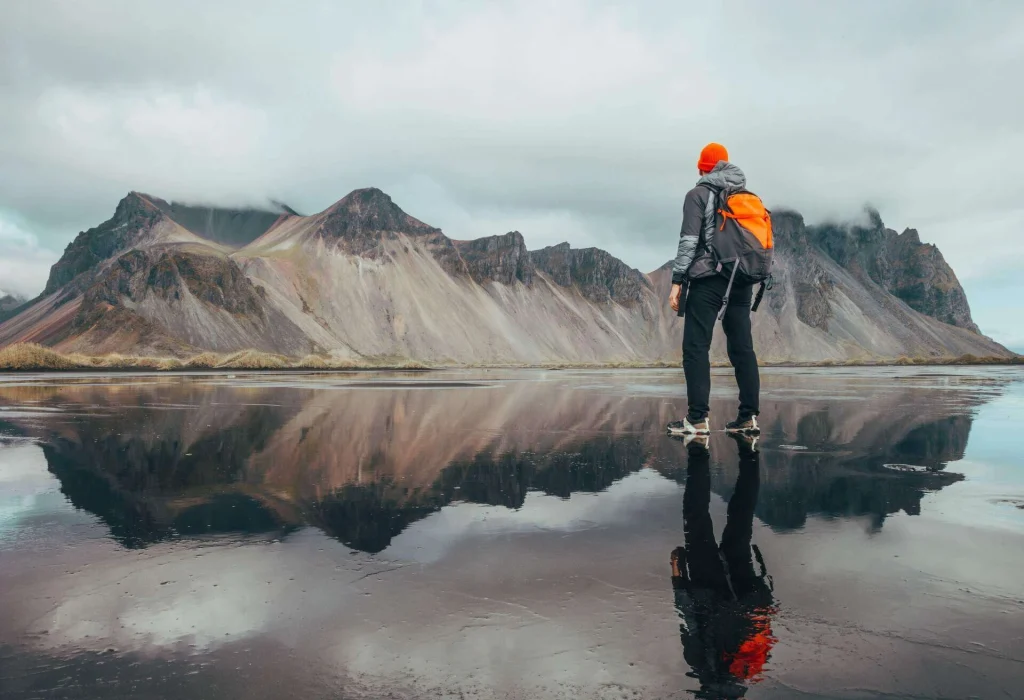
Content
Breathtaking Natural Landscapes
One of Iceland’s main attractions is its diverse and dramatic landscapes. From volcanic mountains to vast glaciers, waterfalls, and black sand beaches, the island is a paradise for nature lovers. A trip to Iceland feels like stepping onto another planet, with scenery that constantly surprises and delights.
- Golden Circle: The Golden Circle is one of Iceland’s most popular tourist routes. It includes three of the country’s most famous attractions: the Thingvellir National Park, the Gullfoss waterfall, and the Geysir geothermal area. Each of these locations offers unique sights, including the dramatic landscape of the Thingvellir Rift Valley and the erupting geysers of Geysir.
- Jökulsárlón Glacier Lagoon: This stunning glacial lagoon is filled with icebergs that have broken off from the nearby Vatnajökull Glacier. The area is perfect for boat tours and photography.
- Black Sand Beaches: Iceland’s black sand beaches, like Reynisfjara, are another unforgettable sight. The contrast between the black sand and the crashing waves of the North Atlantic Ocean makes these beaches incredibly unique.
- Waterfalls: Iceland is home to some of the most beautiful waterfalls in the world, including Seljalandsfoss and Skógafoss. Many of these waterfalls are easily accessible, making them perfect for visitors who want to experience nature up close.
Unique Geological Wonders
Iceland is located on the Mid-Atlantic Ridge, where the North American and Eurasian tectonic plates meet. This geological location creates some of the most fascinating natural features in the world. Geothermal activity is prevalent, and you can see it in action throughout the country.
- Geothermal Hot Springs: Iceland is famous for its geothermal hot springs, the most famous being the Blue Lagoon. Soaking in the warm, mineral-rich waters while surrounded by volcanic rock is a must-do experience. Other hot springs, like the Secret Lagoon in Flúðir, offer a more secluded and authentic experience.
- Volcanoes and Lava Fields: Iceland has over 130 volcanoes, and many of them are still active. A visit to places like the Fagradalsfjall volcano offers a chance to witness volcanic activity up close, with molten lava flowing from craters. You can also explore the otherworldly lava fields in areas like Dimmuborgir or near the volcanoes in the Reykjanes Peninsula.
Outdoor Adventures for Every Type of Traveler
Iceland is a playground for outdoor enthusiasts, with a wide range of activities to suit all interests. Whether you enjoy hiking, kayaking, or whale watching, there’s something for everyone.
- Hiking: Iceland is home to some of the world’s most scenic hiking trails, offering everything from easy walks to multi-day treks. One of the most famous hikes is the Laugavegur Trail, which takes you through glaciers, hot springs, volcanoes, and waterfalls.
- Northern Lights: The Northern Lights, or Aurora Borealis, are one of nature’s most spectacular light shows. Iceland is one of the best places in the world to witness this phenomenon, especially during the winter months when the nights are longest.
- Glacier Tours: Iceland’s glaciers are another must-see. Visitors can hike on glaciers or take guided tours to explore ice caves and frozen landscapes.
- Whale Watching: Iceland is one of the best places to go whale watching, especially from the towns of Húsavík and Akureyri. You can spot humpback whales, orcas, and even blue whales during the summer months.
- Ice Caving: Iceland offers a rare opportunity to explore natural ice caves, especially within the Vatnajökull Glacier. These crystal-clear caves are one of the most unique features of Iceland’s glacial landscape.
Rich Culture and History
While Iceland’s natural beauty is the main draw, the country also offers a rich cultural experience. Iceland’s Viking heritage is an important part of its identity, and visitors can explore the country’s history through museums, historical sites, and even contemporary art.
- Reykjavík: The capital city of Iceland is home to many cultural attractions, including the National Museum of Iceland, the Harpa Concert Hall, and the striking Hallgrímskirkja Church. The city is also known for its vibrant art scene and lively nightlife, making it a perfect mix of culture and fun.
- Viking History: Iceland was settled by Vikings in the 9th century, and the country’s Viking heritage is still celebrated today. The Árbaer Open Air Museum and the Viking World Museum are great places to learn more about this fascinating period.
- Icelandic Cuisine: Icelandic cuisine is unique and largely focused on fresh, local ingredients. Try dishes like “hákarl” (fermented shark) for a true taste of Iceland, or sample fresh seafood and lamb dishes that are staples of Icelandic cooking.
Sustainability and Eco-Tourism
Iceland is known for its commitment to sustainability and eco-tourism. The country relies heavily on renewable energy sources, including geothermal power and hydropower, and is committed to preserving its natural landscapes. As a traveler, you can enjoy a greener vacation by choosing eco-friendly accommodations and tours that prioritize sustainability.
When to Visit Iceland
The best time to visit Iceland depends on what kind of experience you want. For those hoping to see the Northern Lights, the winter months from September to March offer the best chances. However, summer (June to August) is the best time for exploring Iceland’s hiking trails, enjoying long daylight hours, and experiencing the country’s vibrant festivals.
Practical Tips for Traveling to Iceland
- Currency: Iceland uses the Icelandic króna (ISK). Credit cards are widely accepted, and ATMs are easy to find in most areas.
- Weather: Iceland’s weather can be unpredictable. Be prepared for rain, wind, and sudden temperature changes, even in the summer.
- Transportation: Renting a car is the most convenient way to explore Iceland, especially if you want to see the remote areas. However, there are also buses and guided tours available for those who prefer not to drive.
- Language: The official language is Icelandic, but English is widely spoken, especially in tourist areas.
Final Thoughts
Iceland is a unique and awe-inspiring destination that offers natural beauty, outdoor adventures, and a rich cultural heritage. Whether you’re visiting for the incredible landscapes, the wildlife, or the chance to soak in geothermal hot springs, Iceland promises an unforgettable experience. With its commitment to sustainability and its welcoming atmosphere, it’s no wonder that Iceland is becoming one of the most popular travel destinations in the world. So, pack your bags and get ready to discover the magic of Iceland – a place where adventure, nature, and culture come together to create the perfect getaway.

This author’s life has been an adventure. He has visited over 30 countries, and lived in four different states. He is a traveler at heart, but he also loves exploring the outdoors on his bicycle or hiking with his canine companion.
